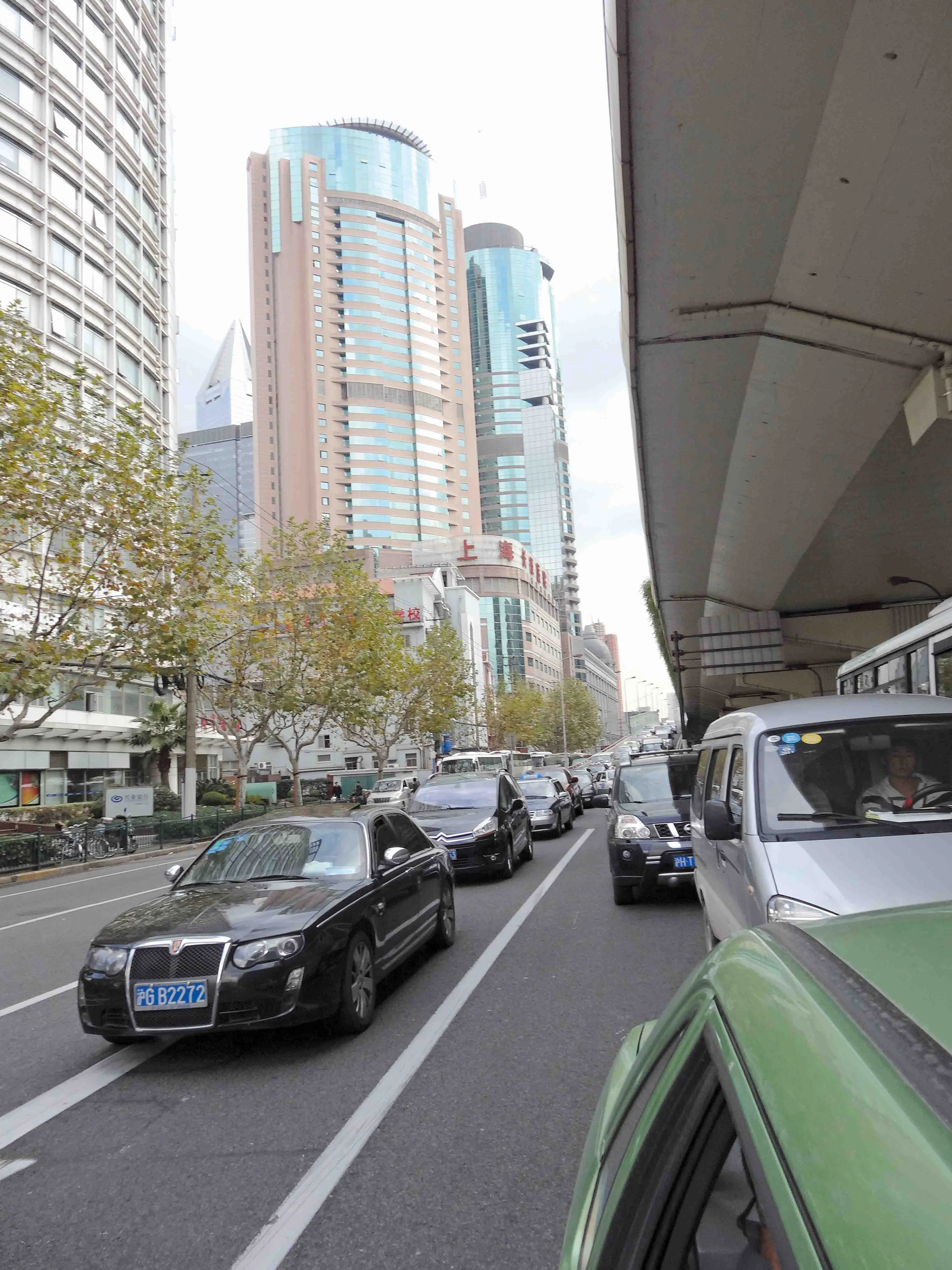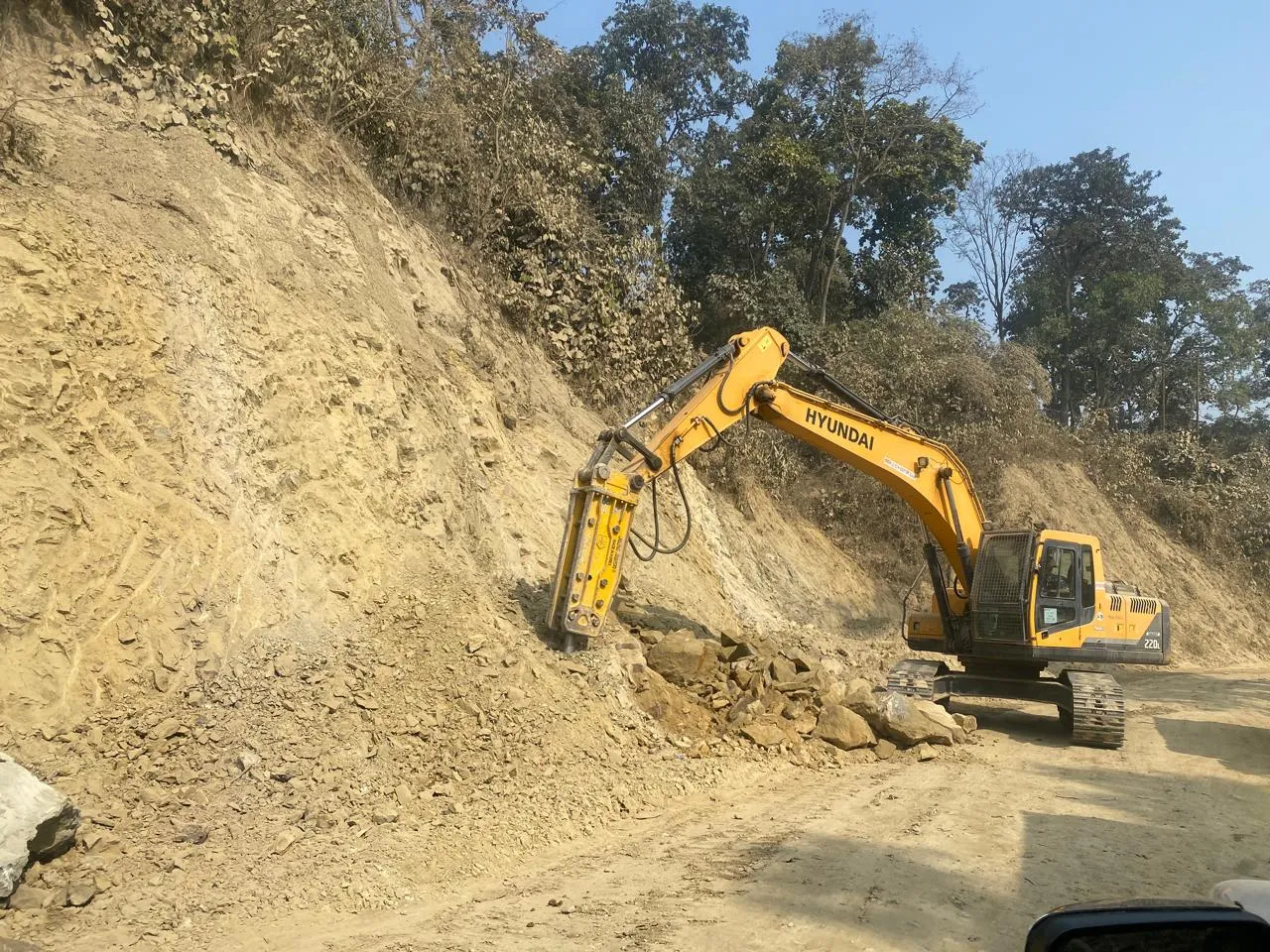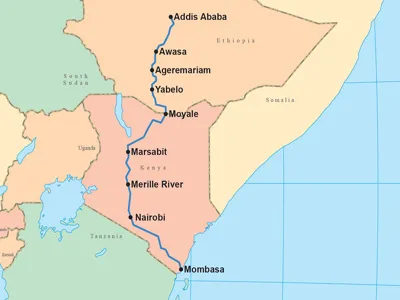Chinese investors are reported to be negotiating a contract to work on a section of federal highway BR-153 that goes from Anapolis in the Brazilian state of Goias to Palmas,n in Tocantins. The road is part of the Transbrasiliana Highway.
The section was originally awarded to Brazilian construction firm Galvao Engenharia in September 2014, but the company never started expansion works.
January 14, 2016
Read time: 2 mins
Chinese investors are reported to be negotiating a contract to work on a section of federal highway BR-153 that goes from Anapolis in the Brazilian state of Goias to Palmas,n in Tocantins. The road is part of the Transbrasiliana Highway.
The section was originally awarded to Brazilian construction firm Galvao Engenharia in September 2014, but the company never started expansion works.
The concession contract stipulates that the concessionaire would have to invest US$670.62 million over the first five years, during which time all expansion work is to be done.
National land transport agency ANTT has set a deadline of 90 days for the situation to be resolved.
Chinese investors are also said to be interested in entering the tender for the Rodovia do Frango highway in Parana and Santa Catarina states.
State-owned China Railway Construction Company (CRCC) has already formed a partnership with Brazilian construction conglomerate Camargo Correa to tender for Ferrovia de Integracao do Centro-Oeste highway, which connects Campinorte in Goias and Lucas do Rio Verde in Mato Grosso. Since this tender has not yet moved forward, CRCC has also shown interest in the Rio-Vitoria highway.
Chinese companies have shown increased interest in Brazilian infrastructure contracts, including those in electricity generation and air transport, since May last year when president Dilma Rousseff met with Chinese prime minister Li Kiqiang.
Meanwhile, delays continue to plague transport infrastructure works in the city of Belo Horizonte, Minas Gerais state. The extension of the metro service, the
Refurbishment of roads and the widening of BR-381 federal road, as well as metro services, did not get much focus in this year’s federal budget, according to media reports. The refurbishment of roads in the region is set to receive only around $124,200 from the federal budget, but this accounts for just 1% of the total estimated cost. Also, there is no set date for widening works on the BR-381 road.
This year the federal government will cover only 30% of the cost of infrastructure projects.
The section was originally awarded to Brazilian construction firm Galvao Engenharia in September 2014, but the company never started expansion works.
The concession contract stipulates that the concessionaire would have to invest US$670.62 million over the first five years, during which time all expansion work is to be done.
National land transport agency ANTT has set a deadline of 90 days for the situation to be resolved.
Chinese investors are also said to be interested in entering the tender for the Rodovia do Frango highway in Parana and Santa Catarina states.
State-owned China Railway Construction Company (CRCC) has already formed a partnership with Brazilian construction conglomerate Camargo Correa to tender for Ferrovia de Integracao do Centro-Oeste highway, which connects Campinorte in Goias and Lucas do Rio Verde in Mato Grosso. Since this tender has not yet moved forward, CRCC has also shown interest in the Rio-Vitoria highway.
Chinese companies have shown increased interest in Brazilian infrastructure contracts, including those in electricity generation and air transport, since May last year when president Dilma Rousseff met with Chinese prime minister Li Kiqiang.
Meanwhile, delays continue to plague transport infrastructure works in the city of Belo Horizonte, Minas Gerais state. The extension of the metro service, the
Refurbishment of roads and the widening of BR-381 federal road, as well as metro services, did not get much focus in this year’s federal budget, according to media reports. The refurbishment of roads in the region is set to receive only around $124,200 from the federal budget, but this accounts for just 1% of the total estimated cost. Also, there is no set date for widening works on the BR-381 road.
This year the federal government will cover only 30% of the cost of infrastructure projects.








